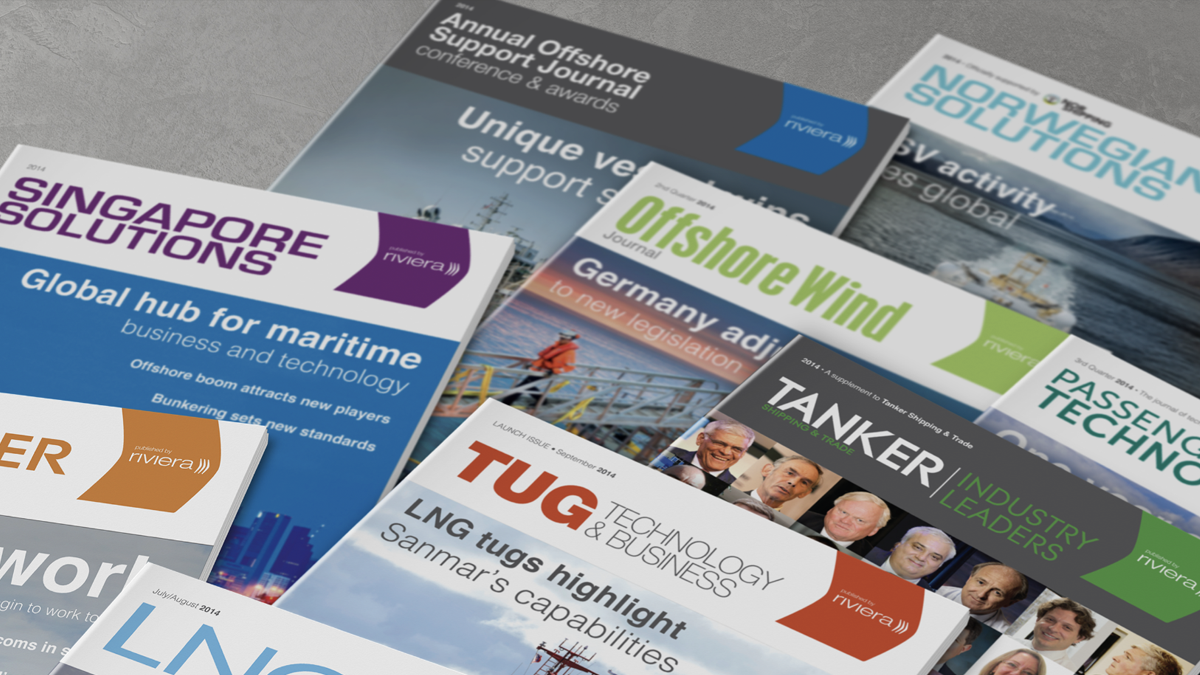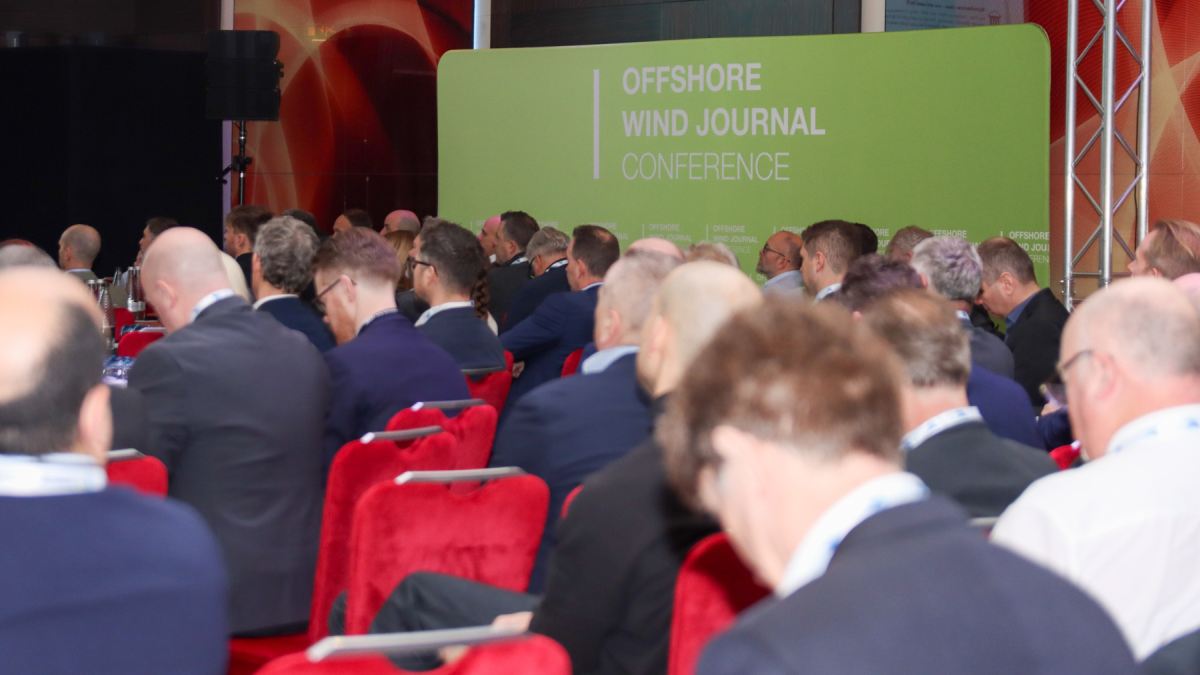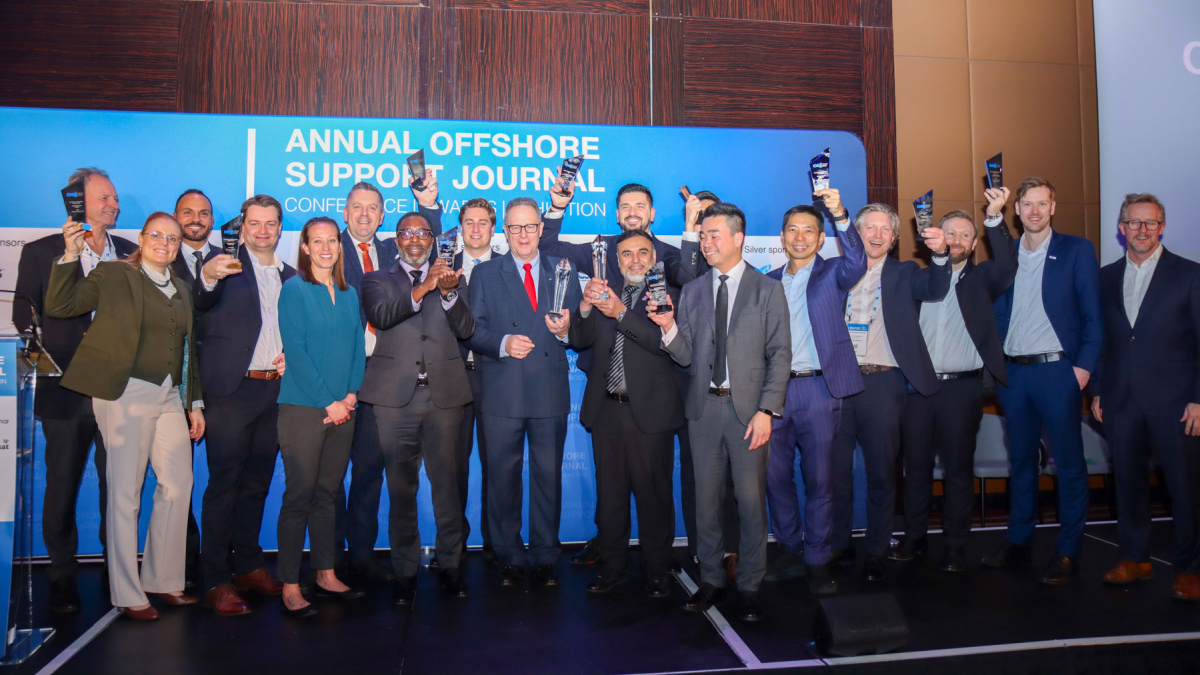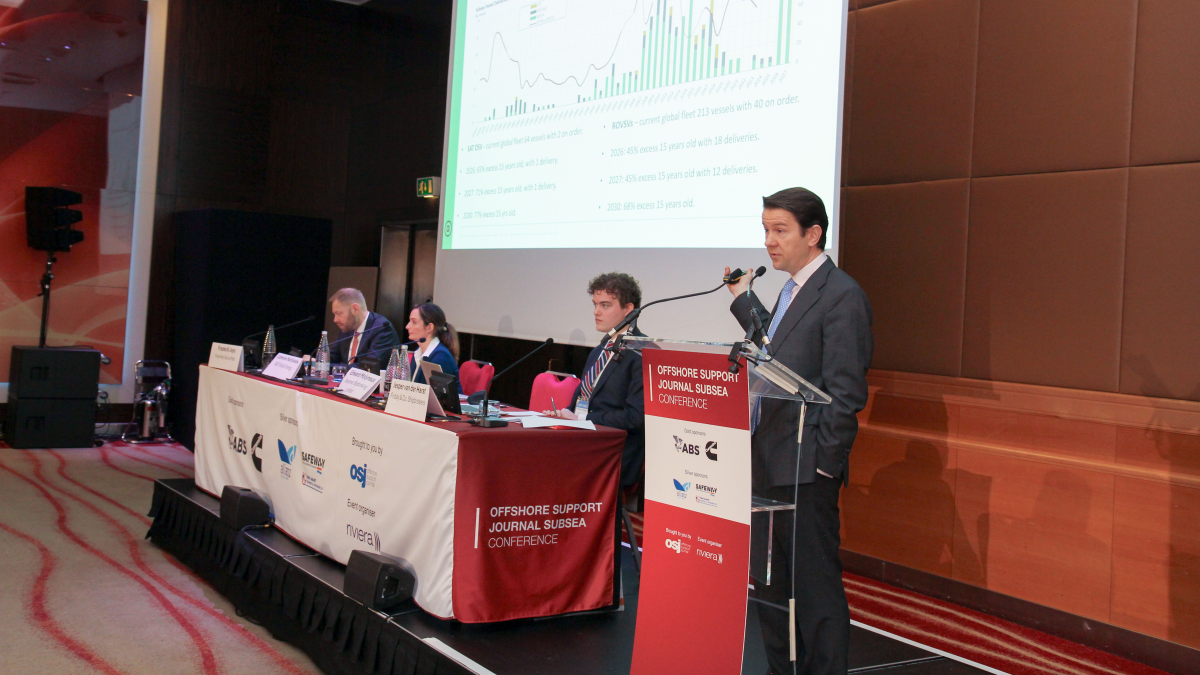Business Sectors
Events
Contents
A sector focused on real-world solutions rather than aspirational targets

November’s International Bulk Shipping Conference saw the sector gather in London to address market dynamics, regulatory compliance and decarbonisation challenges. Practical implementation strategies, rather than theoretical discussions, characterised the day.
The conference crystallised around three pivotal themes: environmental compliance, market outlook and technological adaptation. Analysis revealed a sobering reality - nearly two-thirds of the global bulk carrier fleet could face compliance challenges by 2026 under new carbon regulations, while European emissions trading costs might reach up to 85% of fuel expenditure for vessels in regional waters.
Market analysts provided optimistic outlooks, projecting nearly 4% growth in minor bulk trades. The current orderbook suggests favourable supply-demand dynamics, though this advantage may be tempered by increasing regulatory pressures.
Several operators revealed plans to create pooling arrangements to offset these costs, particularly for biofuel-capable vessels. Conference polling also revealed widespread plans to pass environmental costs directly to charterers, with most operators expecting significant regulatory impacts within 12 months. Capesize vessels emerged as having the strongest prospects for the coming year, though concerns persist about adaptation costs.
The practical value of the conference surfaced in focused sessions examining speed optimisation strategies and energy-saving implementations. Alternative fuel pathways and digital transformation opportunities sparked considerable debate, particularly regarding implementation timeframes and cost implications. Technical presentations on retrofit solutions garnered significant attention, while classification societies provided essential guidance on compliance pathways. Carbon capture systems, despite 10-20% efficiency penalties, offer potential solutions for vessels unable to convert to alternative fuels. However, the impact on cargo capacity and stability requires careful consideration, particularly for gearless vessels. Wind assistance technology generated strong interest among attending operators, subject to the cargo handling implications. Insurance implications for new technologies was a major topic of discussion. Port collaboration systems also sparked debate, especially around implementation challenges.
Beyond formal presentations, the event fostered crucial connections between owners, charterers and solution providers across a mix of coffee breaks, the networking lunch and the post event drinks reception.
Conference presentations are made available to registered attendees. The International Bulk Shipping Conference returns next year alongside the popular bulk carrier webinar week.
© 2024 Riviera Maritime Media Ltd.














